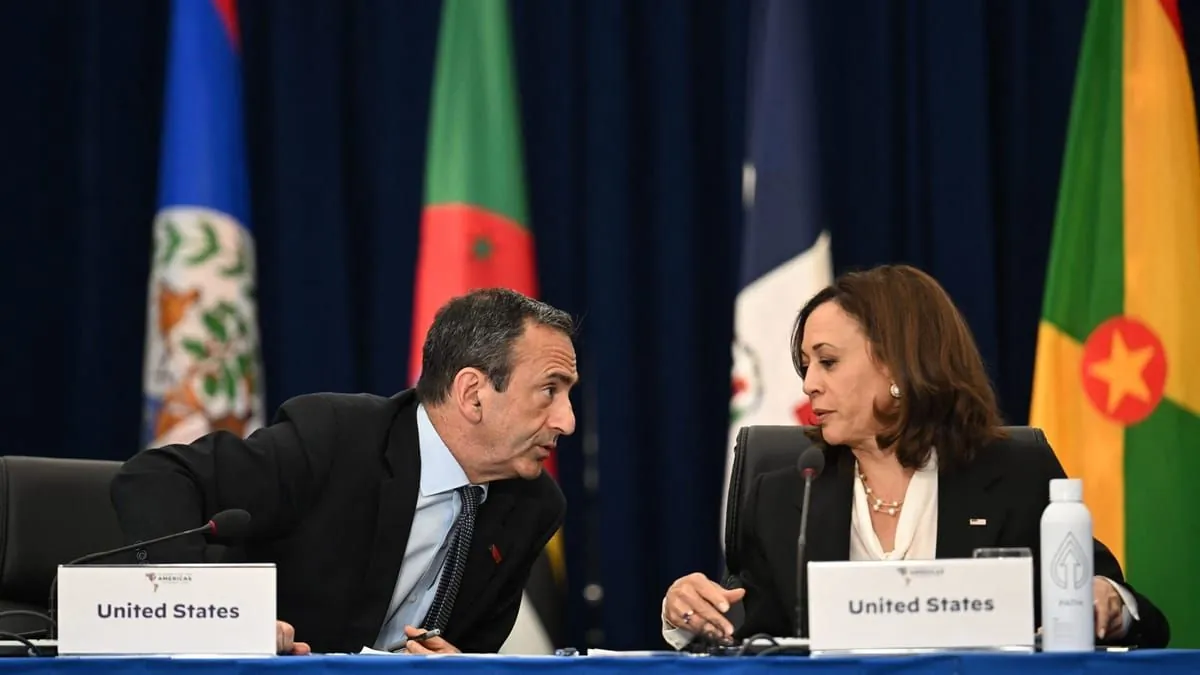In recent years, Kamala Harris has echoed President Biden's stance on America's global leadership. However, the views of her key advisors suggest a potential shift in U.S. foreign policy if she ascends to the presidency.
Philip Gordon, Harris's national security advisor, and Rebecca Lissner, her deputy national security advisor, have both advocated for a significant recalibration of America's global role. Their writings propose a more modest and pragmatic approach to international affairs, departing from the interventionist policies that have characterized U.S. strategy for decades.
Gordon's 2020 book, "Losing the Long Game," offers a scathing critique of U.S. regime change efforts in the Middle East. He argues that these interventions, from the 1953 ouster of Iran's Mossadegh to more recent actions in Iraq and Syria, have consistently failed to achieve their objectives and often resulted in unintended negative consequences.
"As different as each episode was, and as varied as were the methods used, the history of regime change in the post-World War II Middle East is a history of repeated patterns."
Lissner, in her co-authored work "An Open World," proposes a strategy of "openness" that would prioritize maintaining an accessible global commons over pursuing strategic primacy. This approach would involve greater accommodation of diverse political systems and a focus on cooperation in areas like climate change and artificial intelligence regulation.
The potential shift in U.S. foreign policy under a Harris administration would be influenced by several factors:
- Past policy failures: The Iraq War and prolonged engagement in Afghanistan have eroded public support for interventionist policies.
- Changing global dynamics: The rise of China and Russia's assertiveness have challenged U.S. hegemony.
- Domestic challenges: Growing political polarization and economic concerns have shifted focus inward.
Joe Biden's current approach attempts to balance traditional U.S. leadership with a more restrained global role. A Harris presidency might continue this trend while potentially embracing more of her advisors' recommendations for a scaled-back U.S. presence on the world stage.
However, ongoing global crises, such as Russia's invasion of Ukraine and tensions in the Middle East, may complicate efforts to reduce America's international commitments. The U.S. remains the only nation with the capacity to project power globally, making a complete withdrawal from its leadership role challenging.
As the 2024 election approaches, the debate over America's place in the world continues. Whether under Harris or another leader, the U.S. faces the complex task of adapting its foreign policy to a rapidly changing global landscape while addressing domestic concerns and the lessons of past interventions.
